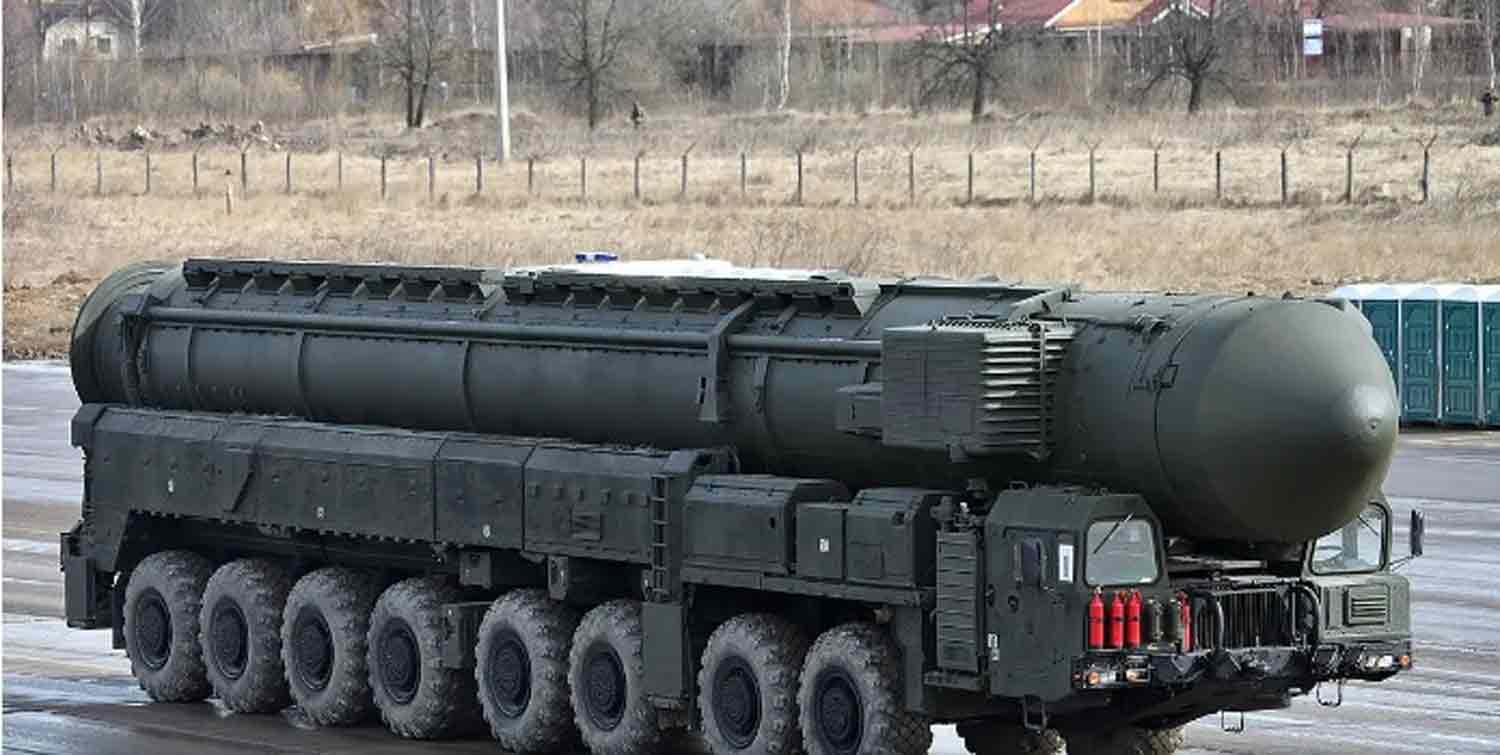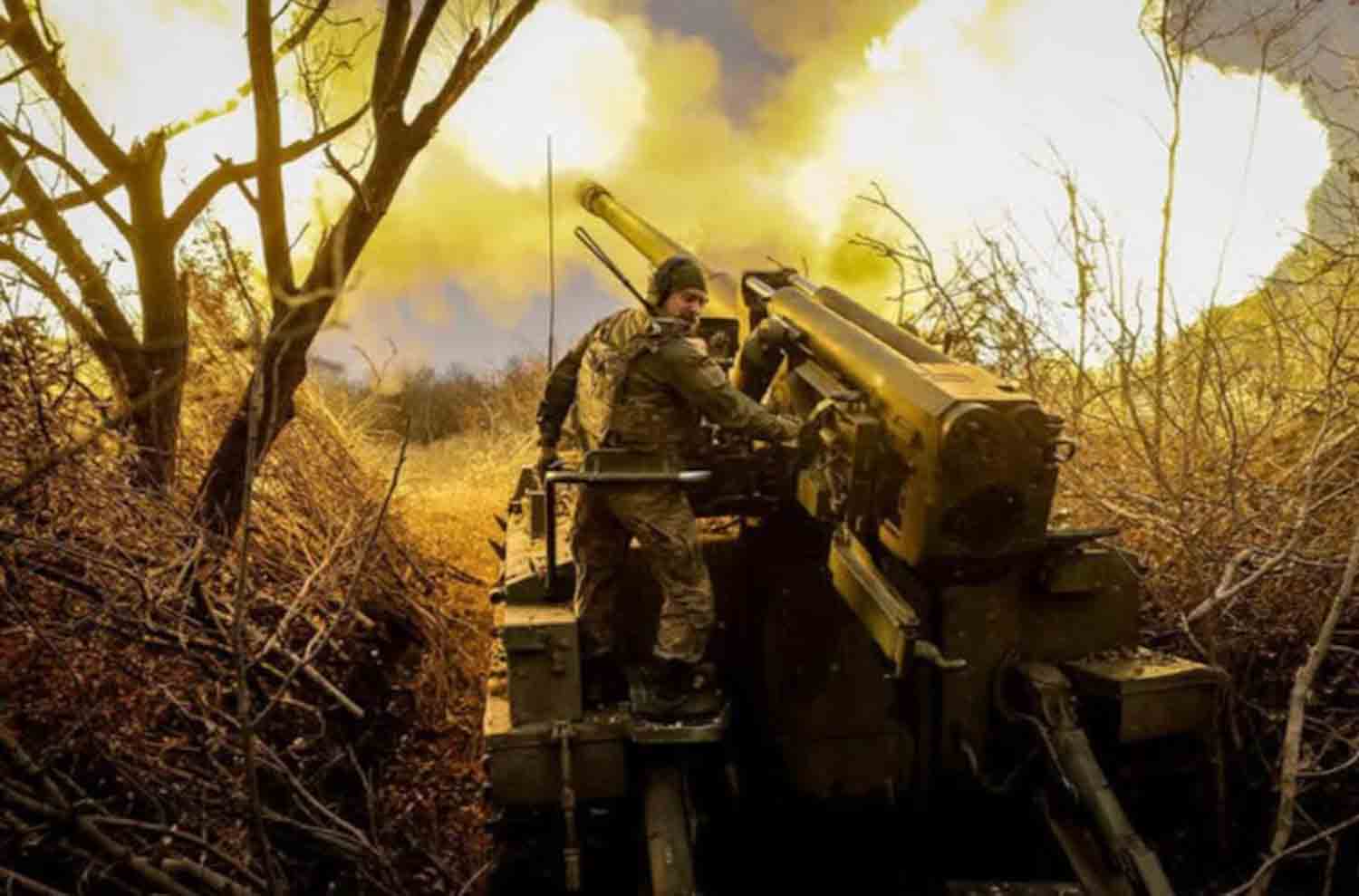Russian President Vladimir Putin has formally enacted a new national nuclear doctrine that delineates the circumstances under which Moscow may deploy its nuclear capabilities. The following are the main highlights of the revised document, as detailed on the Kremlin’s official website.
- The state policy regarding Nuclear Deterrence is fundamentally defensive, designed to maintain a nuclear force capability sufficient for deterrence. It aims to safeguard national sovereignty and territorial integrity while deterring potential aggressors from attacking the Russian Federation and its allies. In the event of military conflict, this policy seeks to prevent escalation and to conclude hostilities under terms favorable to the Russian Federation and its allies.
- The Russian Federation views nuclear weapons as a deterrent, with their use considered an extreme and necessary measure. It is committed to minimizing nuclear threats and preventing the deterioration of international relations that could lead to military conflicts, including nuclear confrontations.
- Nuclear deterrence is directed towards any potential adversary, which includes individual states or military coalitions that perceive the Russian Federation as a threat and possess nuclear weapons or other weapons of mass destruction, as well as conventional forces with substantial combat capabilities. This deterrence also extends to states that offer their territory, airspace, or maritime areas for planning and executing aggression against the Russian Federation.
- Any act of aggression by a single state within a military coalition against the Russian Federation or its allies will be interpreted as an act of aggression by the entire coalition.
- Any act of aggression directed at the Russian Federation and/or its allies by a non-nuclear state, with the involvement or backing of a nuclear state, will be interpreted as a collective assault.
- The Russian Federation maintains the right to deploy nuclear weapons in retaliation to the use of nuclear arms and/or other weapons of mass destruction against itself and/or its allies. This right also extends to situations where aggression is directed at the Russian Federation and/or the Republic of Belarus, as members of the Union State, through conventional means, provided that such actions pose a significant threat to their sovereignty and/or territorial integrity.
- The authority to decide on the use of nuclear weapons lies with the President of the Russian Federation.
Discover more from Defence Talks | Defense News Hub, Military Updates, Security Insights
Subscribe to get the latest posts sent to your email.





